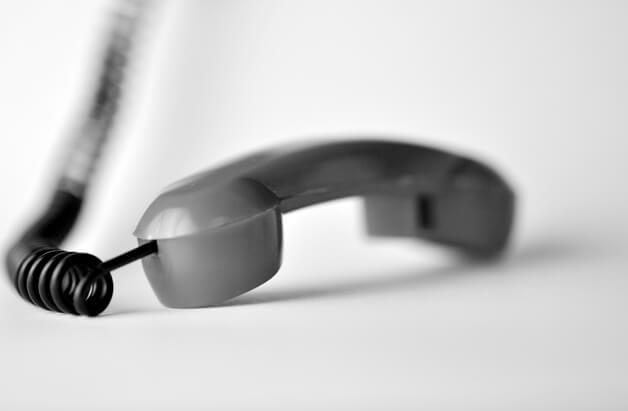Last week, the U.S. Supreme Court denied certiorari in a case challenging New Jersey’s wiretapping law, keeping in place the New Jersey Supreme Court’s ruling which, like all courts to have confronted the issue, allows law enforcement to intercept phone calls that occur completely out-of-state. The US Supreme Court’s decision not to review the case lets stand the universal standard that a cell phone’s physical location has no bearing on the appropriate venue for a wiretapping order.
The case involves defendant Edward Ronald Ates, a Florida man convicted of murdering his former son-in-law in New Jersey. A New Jersey wiretap judge authorized surveillance on six telephone numbers associated with Ates and his family members, and authorities monitored the lines from within the state of New Jersey. Ates argued that the interception of calls that were placed and received outside New Jersey could not be countenanced by a New Jersey court under the state’s Wiretapping and Electronic Surveillance Control Act and that law enforcement should have obtained a wiretapping order in either the state in which each call was placed or the state in which the call was received. Ates argued that the wiretaps were invalid because they reached beyond investigators’ jurisdiction and infringed the constitutional rights of people with no connection to the state. The trial court and intermediate appellate courts both rejected his arguments.
The New Jersey Supreme Court, in a 10 page written opinion released in March, unanimously affirmed. The court started its analysis by noting that, although the wiretap statute allows interception of out-of-state calls, the statute does require a “direct link to New Jersey: that a listed offense – that is, a particular offense punishable in New Jersey – has been, is being, or will be committed, and the interception may provide evidence of the New Jersey crime.” The court also recognized that, under the statute, the authorized interception must occur in New Jersey.
The court relied heavily on the fact that almost every federal and state court to have addressed the question has found that, as long as the person listening to the intercepted call is within the court’s jurisdiction, a judge can authorize an interception of phones that are located outside the jurisdiction. The only outlier cited by the court was Castillo v State, 810 S.W.2d 180 (Tex. Crim. App. 1990), and even there, the court held that it was not the location of the phones, but rather the location of the device that facilitated the interception that mattered.
In summary, the court stated, “[a]t the heart of defendant’s argument is the notion that his constitutional right to privacy entitles him to have a judge in the state where he resides, Florida, sign a wiretap order for his cell phone, rather than a judge in New Jersey, where the wiretap order is executed. But defendant does not provide any factual or legal basis to explain why his privacy rights were violated when a New Jersey judge reviewed a wiretap application for his phone.” The court was clearly swayed by the logistical morass of requiring investigators to try to determine in what jurisdiction(s) they would need the order and then obtaining possibly multiple orders in multiple jurisdictions:
Because of the inherent mobility of cellphones, it would be impractical, if not impossible in some instances, for law enforcement to intercept cellphone conversations if agents could only rely on orders issued in the state where a call was placed or received. Under that type of scheme, a court order would lose its force as soon as a target crossed state lines with a cellphone in hand.
Photo by Peddhapati (cropped from original) from Flickr


